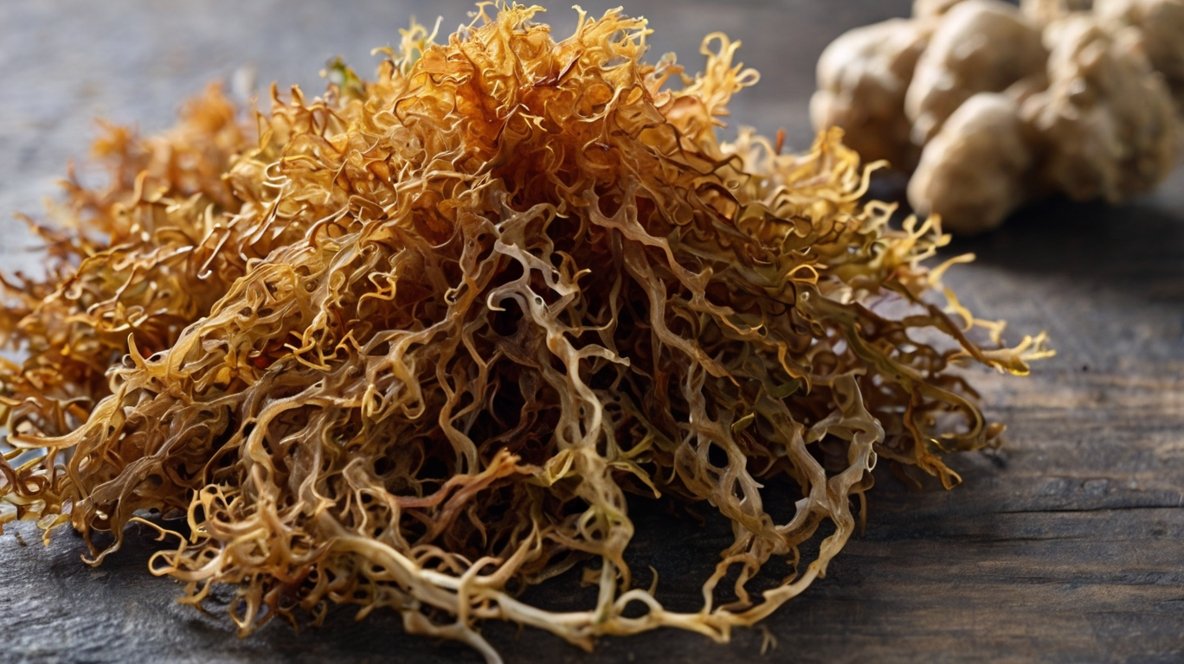In recent years, the connection between diet and disease prevention has gained substantial attention, with a particular focus on plant-based nutrition. As chronic illnesses such as heart disease, diabetes, and obesity continue to rise globally, individuals are increasingly turning to dietary approaches that not only treat but actively prevent these conditions. One such approach that has shown promising benefits is a plant-based diet.
A plant-based diet emphasizes whole, minimally processed foods derived from plants, including fruits, vegetables, legumes, grains, nuts, and seeds. While it may or may not completely exclude animal products, the core philosophy centers around maximizing nutrient-dense, plant-sourced foods.
Research continues to confirm the substantial role this dietary style plays in promoting longevity and reducing the risk of many chronic diseases.
Cardiovascular Health
Heart disease remains the leading cause of death globally, but it is largely preventable through lifestyle modifications, particularly diet. Numerous studies have demonstrated that plant-based diets can significantly lower the risk of cardiovascular disease. This is largely due to the fact that plant-based foods are naturally low in saturated fats and cholesterol while being rich in fiber, antioxidants, and healthy fats.
For example, a diet high in fruits, vegetables, whole grains, and legumes has been shown to reduce blood pressure and LDL cholesterol levels, both of which are major risk factors for heart disease. Additionally, plant-based diets often lead to a healthier weight, which further contributes to cardiovascular health.
Furthermore, plant-based diets may help improve endothelial function, which is the ability of blood vessels to dilate and contract effectively. This is a critical aspect of vascular health and a key factor in preventing atherosclerosis—the buildup of plaques in the arteries.
Diabetes Management and Prevention
Type 2 diabetes is another chronic condition that can often be prevented or managed with dietary changes. Plant-based diets help regulate blood sugar levels due to their high fiber content, which slows the absorption of sugar into the bloodstream. Foods such as legumes, whole grains, and vegetables have a low glycemic index, meaning they cause a slower, more gradual rise in blood sugar.
Studies have shown that individuals who follow plant-based diets have a significantly lower risk of developing type 2 diabetes. Furthermore, for those who already have the condition, adopting a plant-based approach can lead to improved insulin sensitivity and better blood sugar control, sometimes reducing or eliminating the need for medication.
Some clinical trials have also suggested that plant-based diets can lead to partial remission in people with type 2 diabetes. This is a promising area of research and provides additional motivation for individuals to consider this dietary shift as a proactive health measure.
Weight Management
Obesity is a major risk factor for many chronic diseases, including heart disease, stroke, type 2 diabetes, and certain cancers. One of the most effective ways to manage weight sustainably is through dietary changes, and plant-based nutrition offers a powerful tool in this regard.
Plant-based diets are typically lower in calorie density, allowing individuals to consume satisfying portions while still maintaining or reducing their weight. The high fiber content promotes satiety, reducing overall calorie intake without the need for strict calorie counting. Additionally, the exclusion or minimization of processed foods and animal fats contributes to healthier body composition.
Many individuals find that transitioning to a plant-based lifestyle leads to more mindful eating habits. This includes greater attention to hunger cues, better portion control, and reduced emotional eating, all of which contribute to long-term weight management success.
Cancer Prevention
While diet is only one piece of the complex puzzle of cancer prevention, there is growing evidence that a plant-based diet can play a protective role. Many plant foods contain phytochemicals, compounds that have been shown to have anti-inflammatory and anti-cancer properties. Cruciferous vegetables (like broccoli and kale), berries, tomatoes, and leafy greens are especially noted for their cancer-fighting potential.
Moreover, diets rich in fiber are associated with a lower risk of colorectal cancer. The American Institute for Cancer Research recommends a diet high in plant-based foods and low in red and processed meats to reduce cancer risk.
Some studies have also noted that antioxidants found in plant-based foods help neutralize free radicals, which can damage cells and contribute to cancer development. A colorful, plant-rich plate is one of the easiest ways to ensure a diet high in these protective nutrients.
Gut Health and Immunity
The gut microbiome—the trillions of bacteria living in our digestive tract—plays a crucial role in overall health, including immune function, inflammation regulation, and even mental health. Plant-based diets support a diverse and thriving microbiome by providing prebiotics (dietary fibers that feed good bacteria).
Diets that include a variety of plant foods contribute to greater microbial diversity, which is associated with a stronger immune system and reduced inflammation. This can help the body fight off infections more effectively and reduce the risk of autoimmune diseases.
Moreover, emerging research links gut health to brain function and emotional well-being. A healthy, plant-fueled gut can potentially improve mood, reduce symptoms of depression, and support cognitive performance.
Sustainability and Holistic Wellness
Beyond the personal health benefits, plant-based diets also contribute to environmental sustainability. The production of plant foods generally requires fewer resources and results in lower greenhouse gas emissions compared to animal agriculture. By aligning personal health with planetary health, plant-based nutrition supports a more holistic form of wellness.
Additionally, many individuals report enhanced emotional and mental well-being after transitioning to a plant-based lifestyle. Whether due to the physical health improvements, ethical alignment, or environmental impact, this dietary shift often fosters a greater sense of purpose and mindfulness.
Spiritual and emotional wellness are also often reported benefits of plant-based living. For many, eating in a way that aligns with personal values brings a deeper sense of inner peace and connection to the world around them.
Tips for Transitioning to a Plant-Based Diet
Transitioning to a plant-based diet doesn’t have to be overwhelming. Here are a few simple tips to ease the process:
- Start gradually: Begin by incorporating more plant-based meals into your week. Try "Meatless Mondays" or swap out dairy for plant-based alternatives.
- Focus on variety: Eat a colorful array of fruits and vegetables to ensure you're getting a wide range of nutrients.
- Plan your meals: Having a few go-to plant-based recipes makes it easier to stick with the change.
- Stay informed: Read labels and be mindful of processed vegan foods, which can sometimes be high in salt and sugar.
- Listen to your body: Everyone is different, so find the plant-based pattern that works best for you.
- Supplement smartly: Consider vitamin B12 and vitamin D supplementation if needed, and consult with a healthcare provider to ensure all nutritional needs are met.
Conclusion
Plant-based nutrition is more than a dietary trend; it's a preventative health strategy rooted in science and supported by a growing body of research. From reducing the risk of chronic diseases to promoting a healthy weight and supporting gut health, the benefits are vast and compelling. Whether for personal health, environmental reasons, or ethical considerations, embracing more plant-based foods can be a powerful step toward a healthier, more vibrant life.
Author Bio
I’m Preeti, founder of YogChakra.com, Vegan Kitchen, and the Holistic Wellness Directory. I’m passionate about healthy living, plant-based nutrition, and helping people discover wellness resources that support a more mindful lifestyle.
On my blog, I share vegan recipes and tips for understanding veganism, empowering others to make plant-forward choices that benefit both personal health and the planet.







